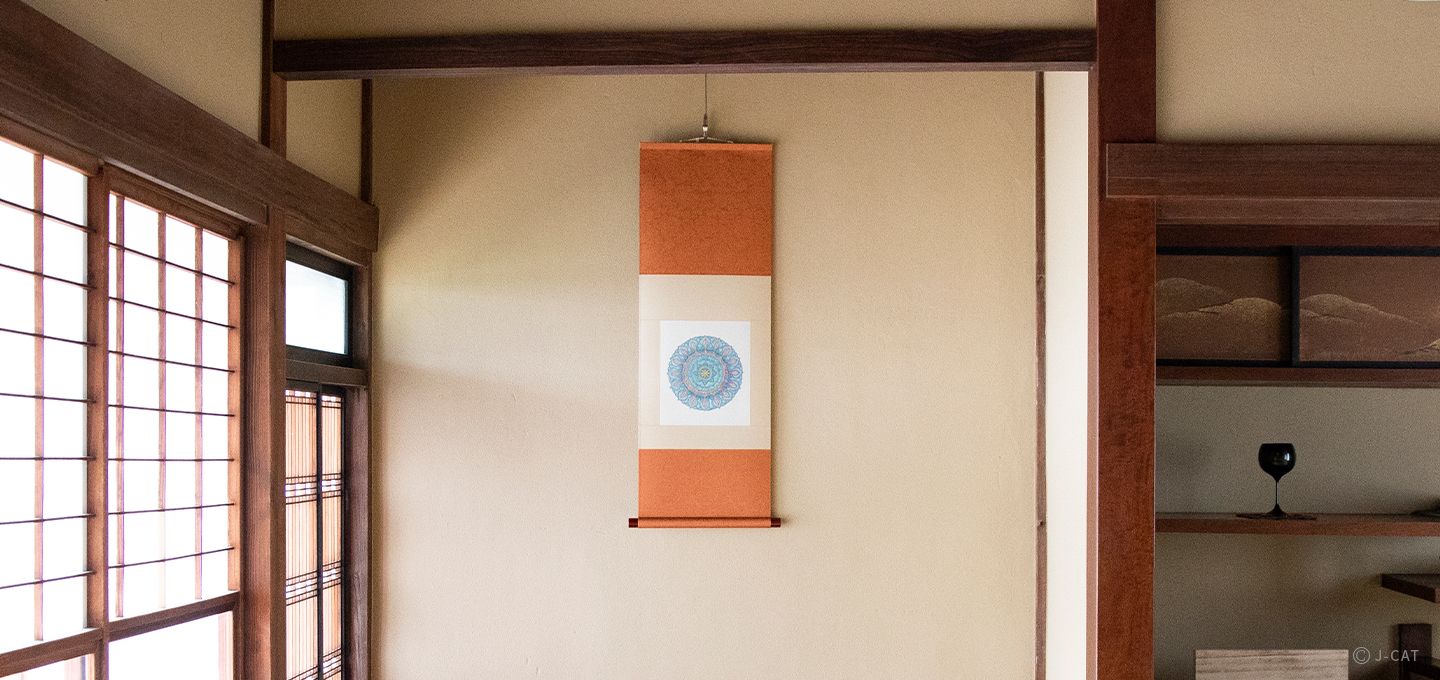
Special Experience
Kamakura
Buddhist Mandala Painting Experience at a 100-Year-Old Gallery in Kamakura
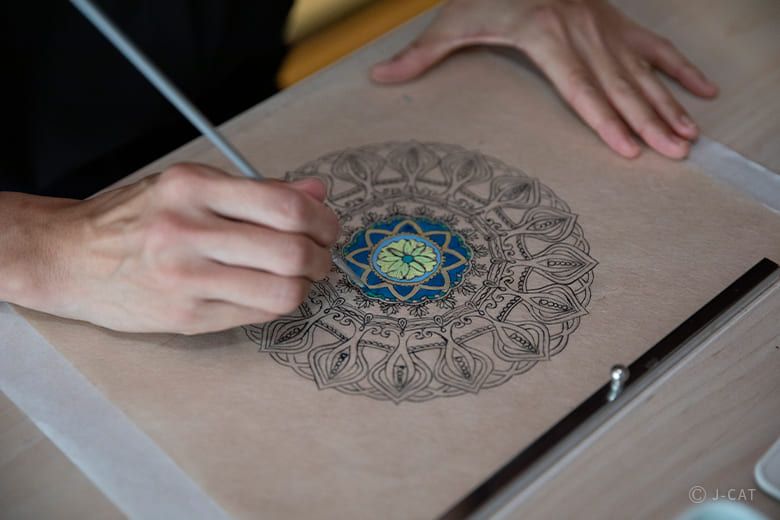
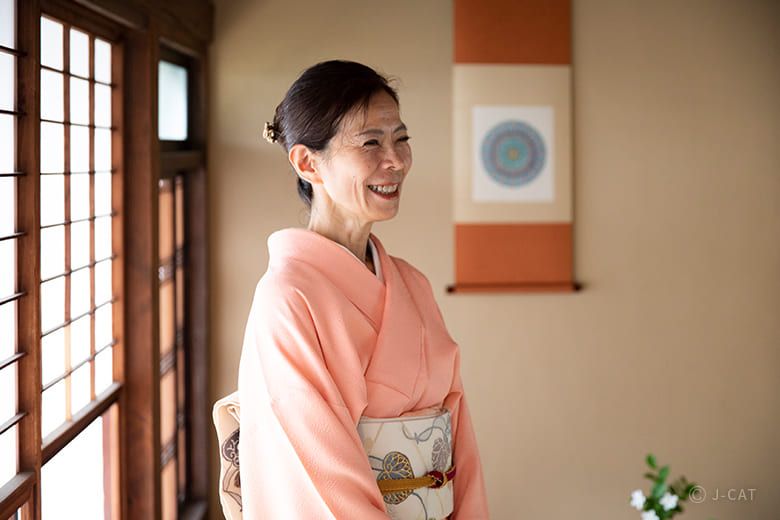
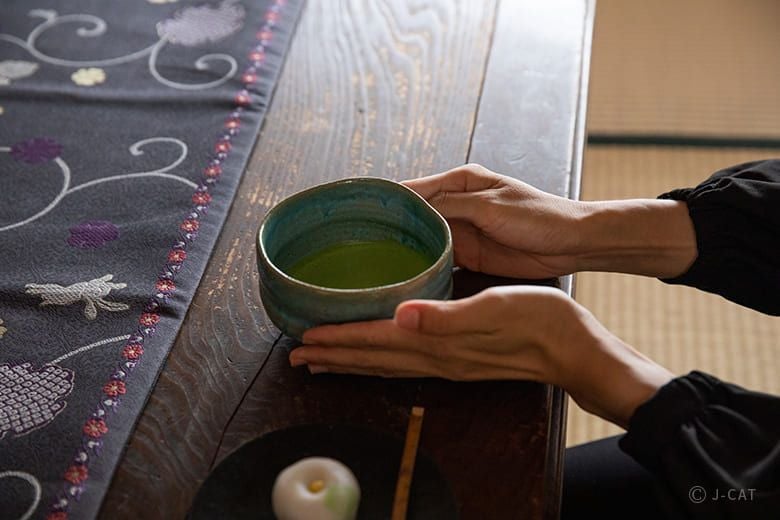
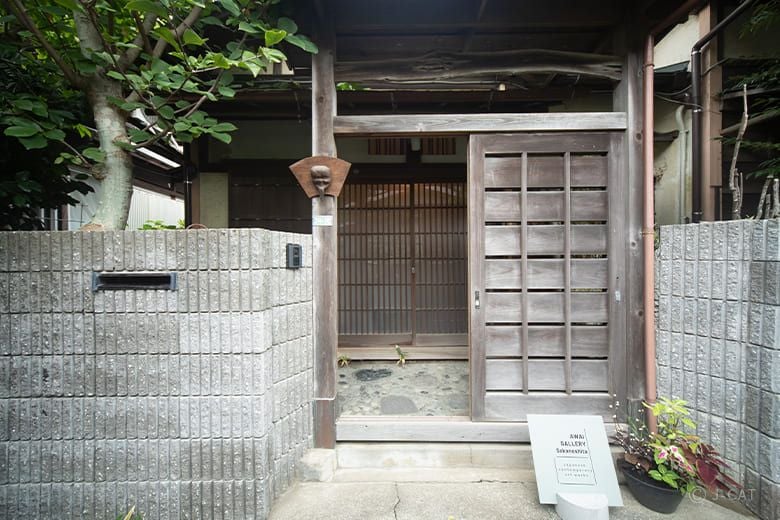
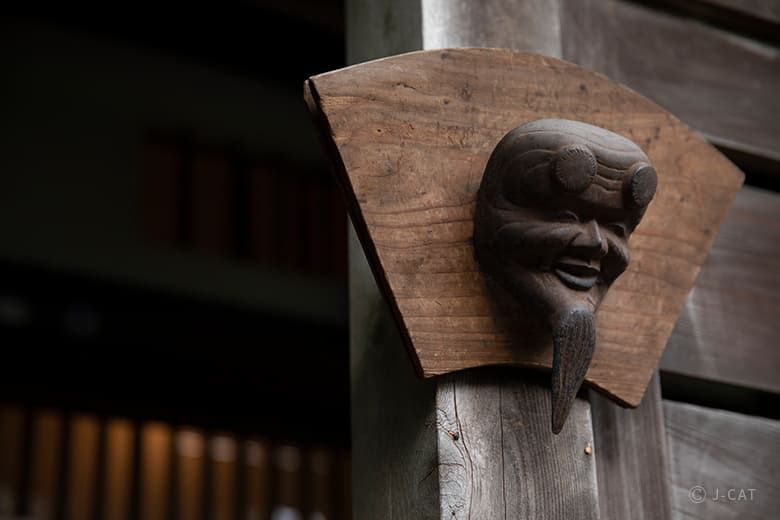
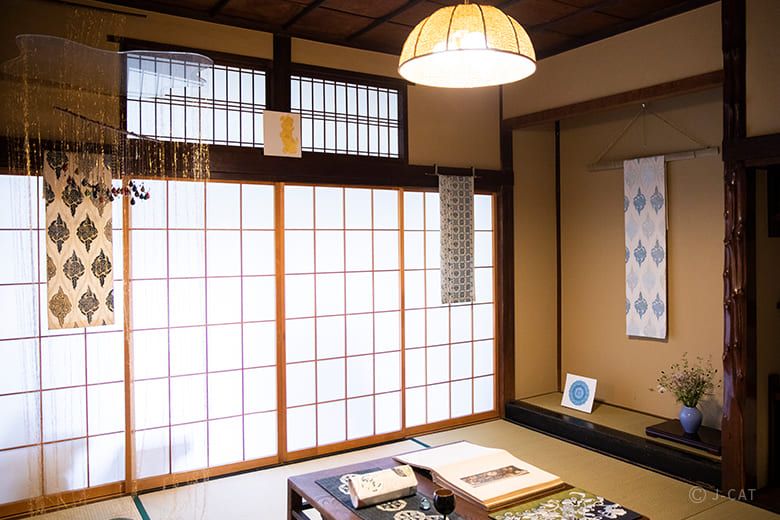
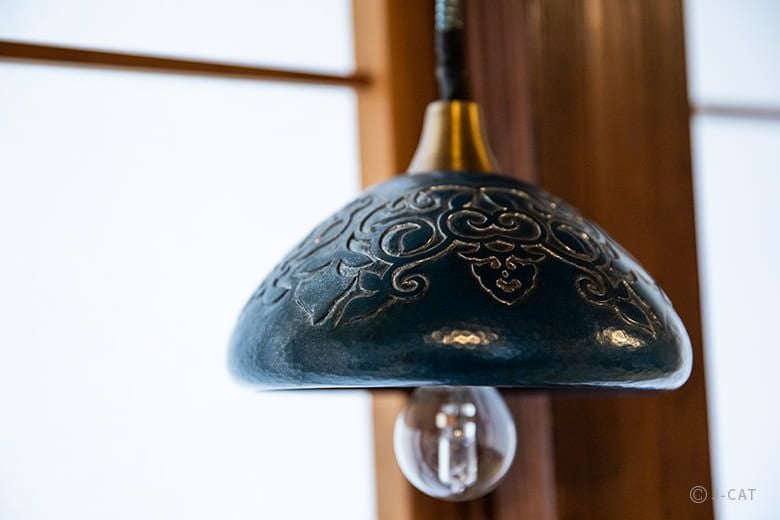
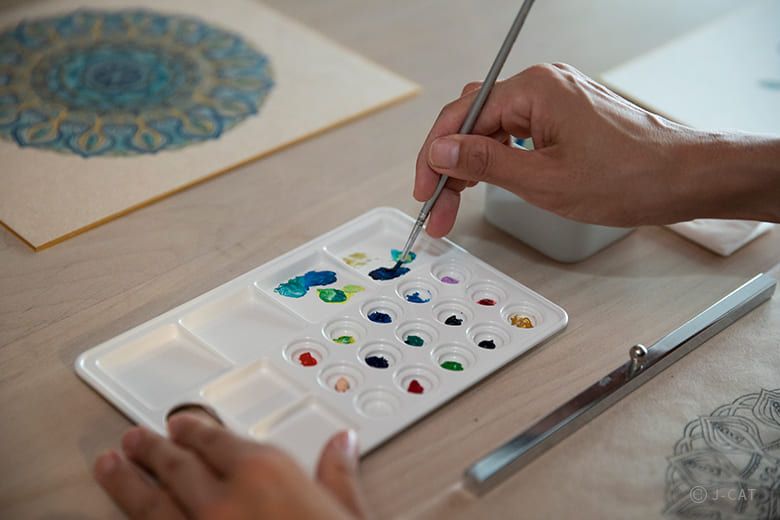
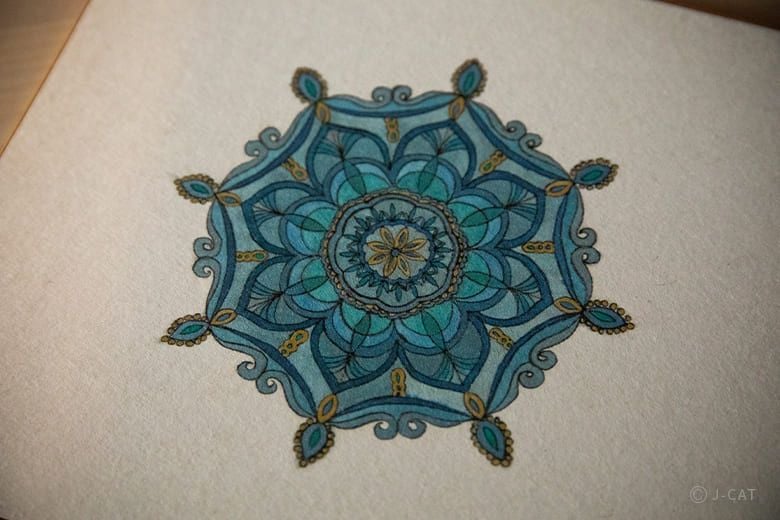
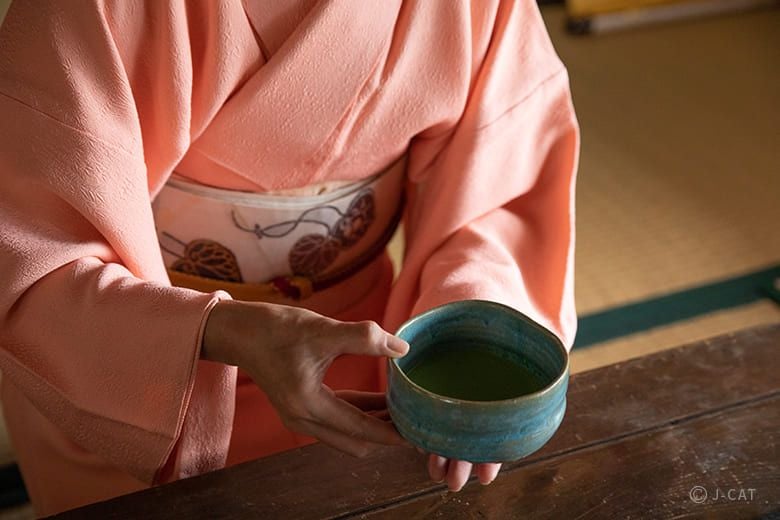
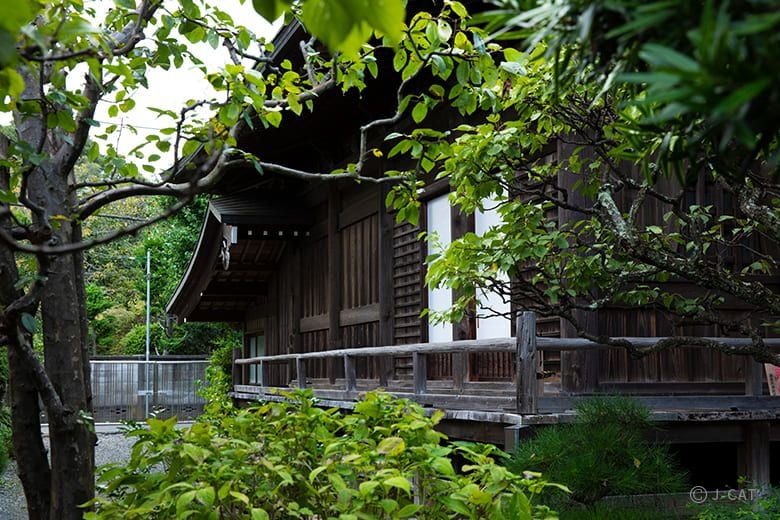
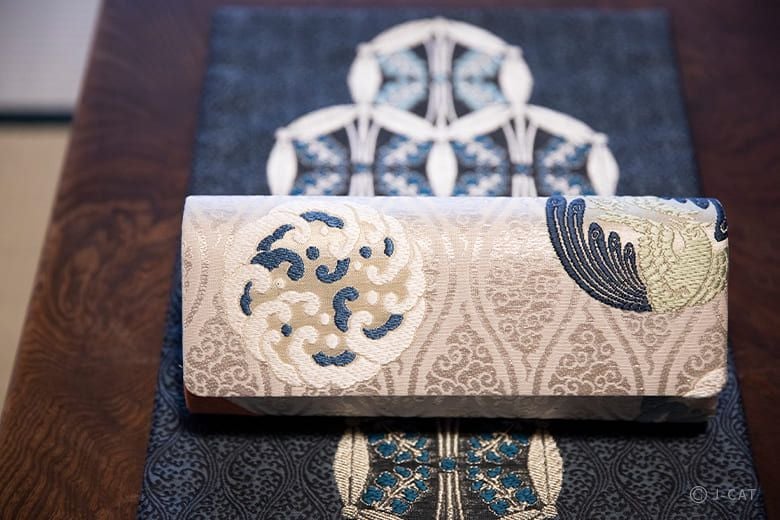
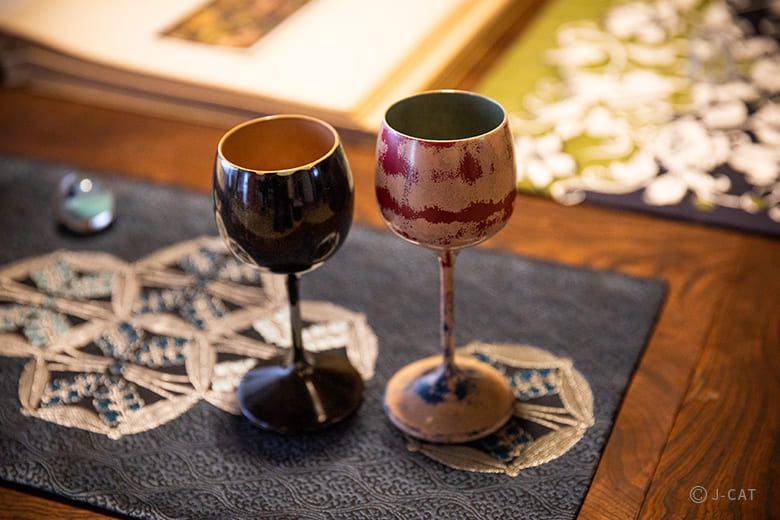
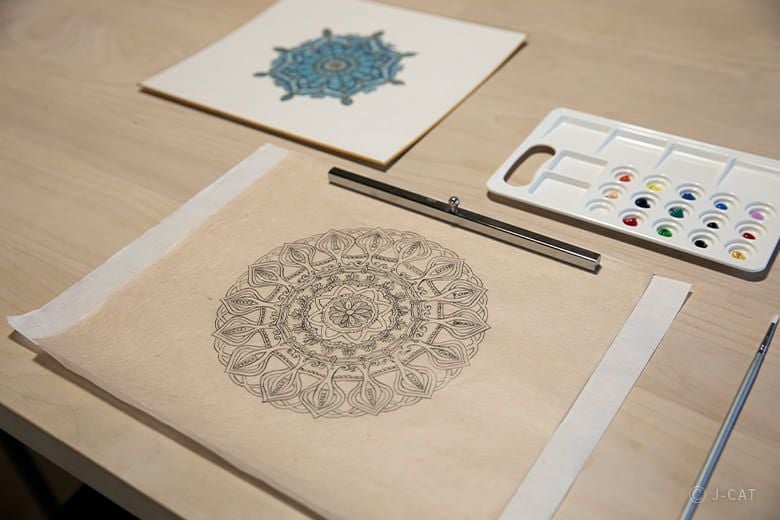
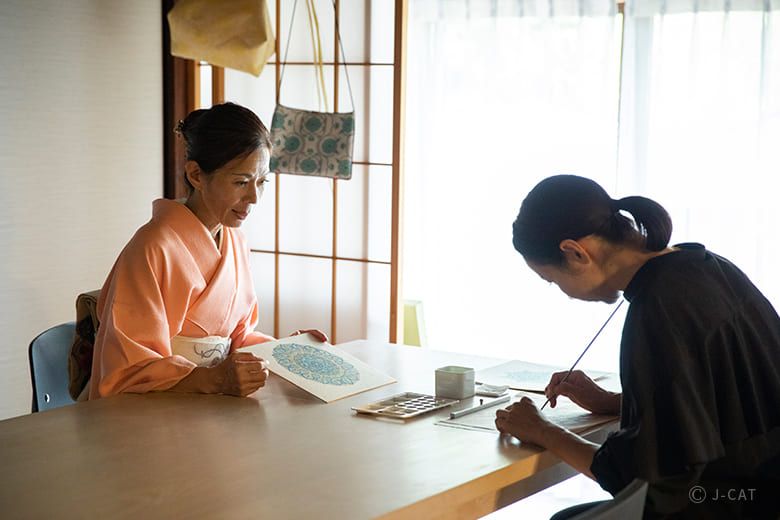
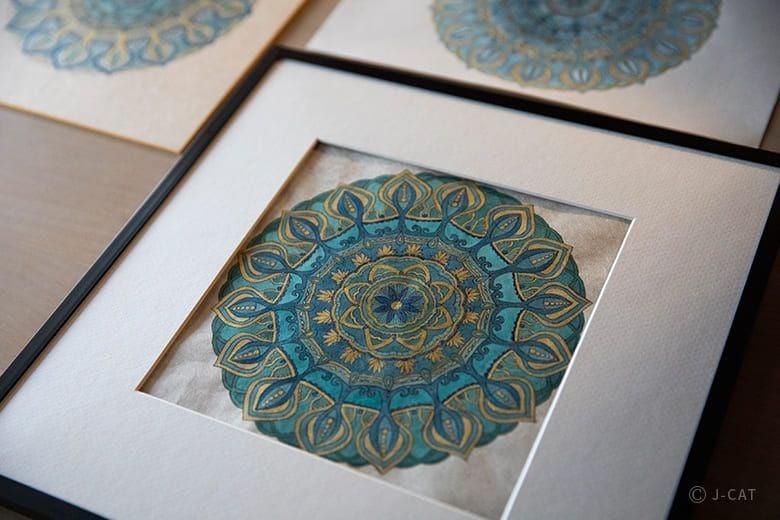
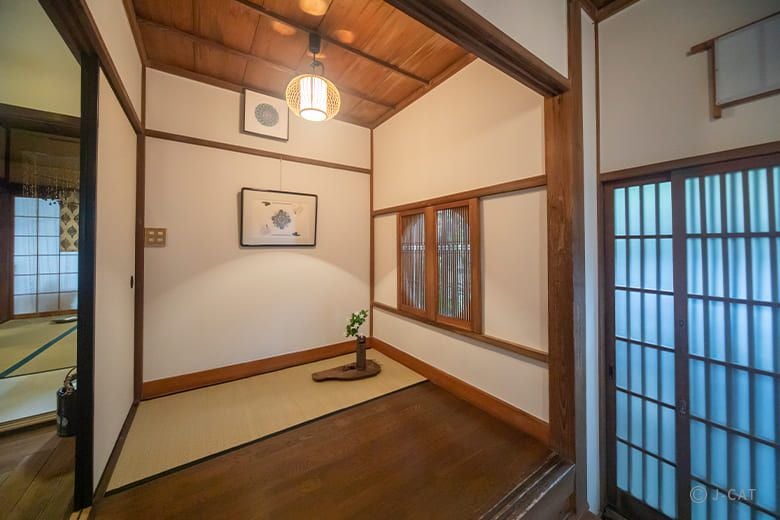
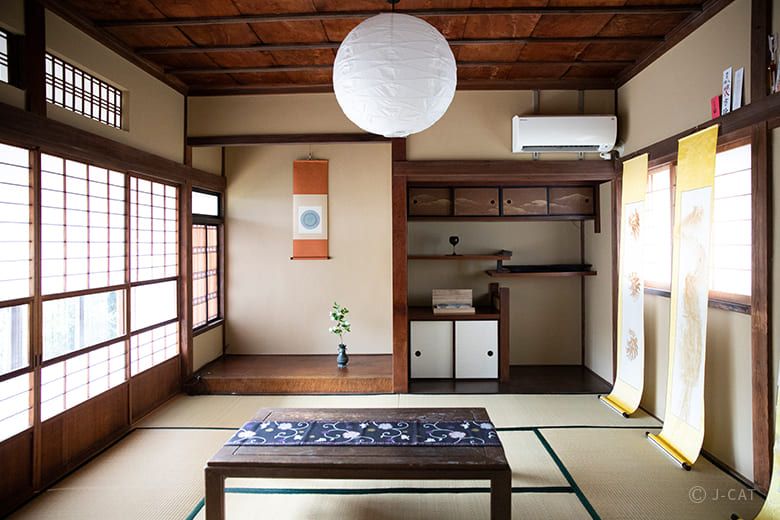
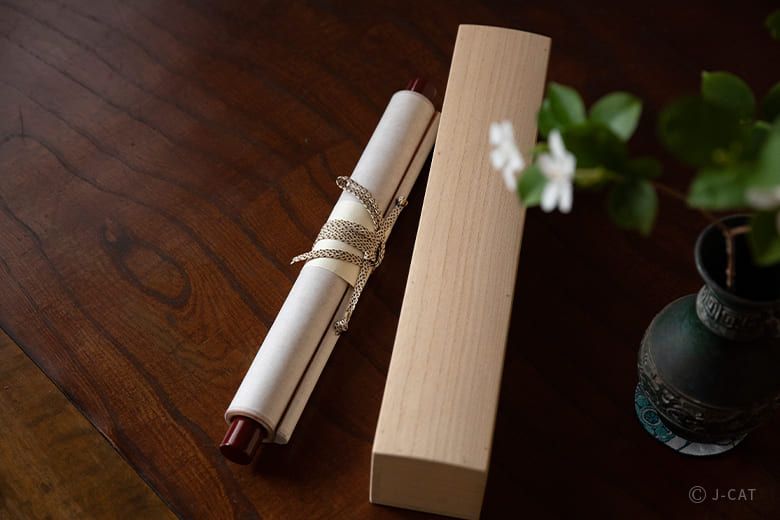
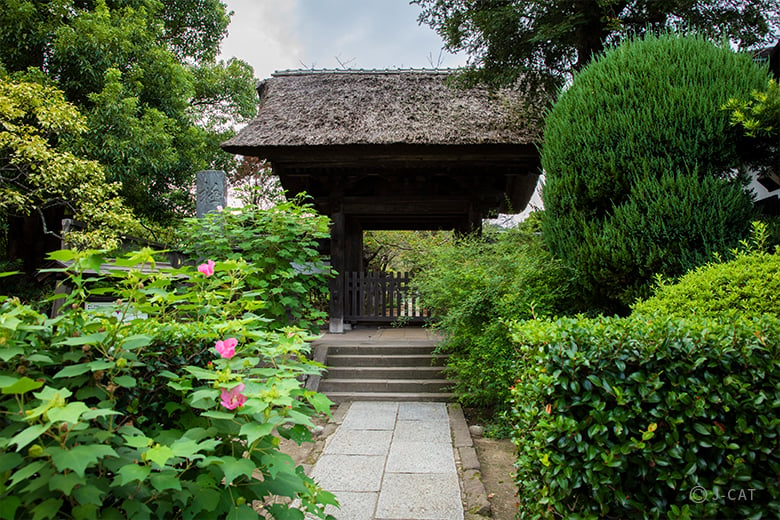




















Overview
At AWAI Gallery, an art gallery in a 100-year-old traditional house near Kamakura City's Yuigahama Beach, calm your senses as you paint a water-themed Buddhist mandala. Then, take photos of your finished mandala on a hanging scroll, enjoy relaxed chat, and take home your finished creation. As this experience requires focusing your attention on your mandala, it can feel quite similar to meditation, so you will also gain some insight into Japanese spirituality in the process.
Key Features
・Experience e-shakyo — hand-copying Buddhist imagery — at a tranquil private space: an art gallery in a 100-year-old traditional house
・Paint a mandala pattern designed by the gallery's owner, designer Mami Otaki; then, take home your finished creation
・A calming meditative experience that's recommended for those who are interested in art, Buddhism, and Japanese spirituality
Kamakura
120mins
from ¥24,000 /person
1 - 6 participants
Available in English
Cancel free up to 8 days prior
Details
An Art Gallery in a 100-Year-old House Filled with Japanese Beauty
Located in Kanagawa Prefecture, not too far away from Tokyo, Kamakura is a historical town that's nicknamed "The Kyoto of East Japan" for its traditional Japanese attractions such as old temples and shrines. It flourished as a samurai town during the Kamakura period (1185–1333); today, it remains one of Japan's most popular tourist destinations.
This experience takes place in Kamakura's AWAI Gallery near Yuigahama Beach, which is known for its picturesque sunrises and sunsets. The nearest station is Hase, just a five-minute ride from Kamakura Station on the nostalgic Enoshima Electric Railway.
AWAI Gallery is nestled in a traditional Japanese house that was built approximately a century ago. With uniquely Japanese fixtures such as wooden door-panel carvings and tokonoma alcoves, this beautiful house is an architectural wonder.

The entrance highlights the contrast among the materials: plaster, earthen clay, and wood
Your instructor for this experience will be Mami Otaki, the owner and producer of AWAI Gallery. After working as a food coordinator, she began to take an interest in traditional handicrafts such as Kyoto's Nishijin-ori textiles and Kamakura's Kamakura-bori lacquerware. In 2017, she began creating such crafts, establishing her brand, AWAI, in the process.
Not long after, Ms. Otaki held her first exhibition to great acclaim at a gallery in Paris. Currently, she is involved in a variety of artistic endeavors such as pattern and textile design, interior space creation, and adding a contemporary twist to traditional Japanese patterns.

The kimono-clad Ms. Otaki, owner and producer of AWAI Gallery, welcomes you
Feel the Harmonious Bond Between Humanity and Water
To start off the experience, Ms. Otaki will tour you around AWAI Gallery, where the key concept is "water of life." “The human body is 60% water, and 70% of the planet Earth is covered with water. Through my creations, I want to convey my gratitude to water, the source of all life,” Ms. Otaki explains.

Perfect for parties: a clutch bag with the motifs of clouds, waves, and a Chinese mythological bird called the luan
On display are an array of unique works of art by highly skilled artisans such as Nishijin-ori table runners and bags, as well as pottery and accessories made in the distinctive multi-layered Kamakura-bori style.

One-of-a-kind Kamakura-bori sake vessels created by carving patterns into wood, then applying multiple layers of lacquer
Discover the meaning behind the patterns on display — some of which have been passed down since ancient times — and take a peek into the spiritual side of Japanese art and culture. If you see an art piece that you like, feel free to let Ms. Otaki know so that you can purchase it on the spot or order it for overseas shipping.
The Meditative Art of Painting a Buddhist Image
After the gallery tour, it's now time for the main activity: painting a mandala. Derived from the ancient Sanskrit word for "circle,” a mandala is a visual symbol used by some esoteric Buddhist schools for training to attain enlightenment.
Mandalas come in various designs, including geometric patterns symbolizing the universe or the heavens, representations of the Buddha, and so on. For this experience, you'll paint a water-themed mandala designed by Ms. Otaki herself.

A water mandala drawn on high-grade washi paper that's used to repair Japan's national treasures
Your mandala will be drawn on handmade washi paper, also a traditional Japanese craft in itself. Depending on availability on the day of your experience, AWAI Gallery will provide either 100% Tosa mulberry washi or 100% Nasu mulberry washi — both types are high-grade washi paper.
Washi made of 100% mulberry from Tosa in Kochi Prefecture then handmade at Ogawamachi, Saitama Prefecture is recognized by UNESCO as an Intangible Cultural Heritage. The Tosa mulberry washi used for this experience is dyed with cherry wood. Meanwhile, Nasu mulberry washi is handmade from mulberry that has been grown in Nasu, Tochigi Prefecture in recent years. This type of washi is made using a traditional method that dates all the way back to the Edo period.
You will color your mandala with watercolors or acrylic paints, but children or those who are not used to working with intricate details may use colored pencils instead. Ms. Otaki will talk in detail about the characteristics of washi paper and give you tips on color coordination, so just relax as you get to work.

Add a bit of color at a time to create a beautiful gradation that spreads through the mandala
Each person has their own different perception of water: the sea that reflects the shining sun and blue sky, clear water flowing through the mountains, waterfalls, rain, the water's edge at sunset, and so on.
Instinctively feel for yourself what "water" means for you, then add colors to your mandala as if water were freely flowing outward from the center. As this is a quiet activity that requires concentration, it can be quite the meditative experience. Holding your brush and gazing at the mandala, you'll feel your breathing stabilizing and your mind-body alignment improving.
Your completed mandala is, so to speak, a reflection of your current self — but it can also make you aware of sides of yourself that you hadn't discovered before.

Focus on coloring long enough, and you might even feel as if you can hear water flowing in your midst
A Heartfelt Conversation with Ms. Otaki
After painting your mandala, enjoy a relaxing conversation with Ms. Otaki at the Japanese-style room on AWAI Gallery's second floor. Feel free to share your thoughts on the experience, ask questions about Japan, and so on. You can then display your completed mandala at the tokonoma, an alcove-like decorative space that's unique to Japan, for photos.

The Japanese-style room on the second floor is a bright, open space where sunlight shines through the shoji screens
If you like, you can also purchase a high-grade, artisan-quality hanging scroll as an optional add-on. You can use this scroll to display your work, turning it into an interior decoration for your home. It will surely make for a wonderful memory of your experience here at Hase.

High-grade, artisan-quality hanging scroll(paulownia box is not included)
Once the mandala painting experience is done, how about taking a stroll around Hase area to visit nearby temples? For example, Ms. Otaki recommends Gokurakuji Temple, just about five minutes on foot from AWAI Gallery.

The main gate of Gokurakuji Temple
Founded in 1259, Gokurakuji is a significant temple that has supported the establishment of medical and veterinary clinics, as well as the construction of bridges, roads, and waterworks — thus contributing to the growth of the area. The temple grounds are filled with beautiful flowers that bloom in different seasons, and a tranquil and nurturing ambiance permeates the premises.
Aside from Gokurakuji Temple, Hase is filled with historical structures and beautiful natural wonders where you can enjoy the scenery. Put your mind and body at ease as you stroll around this area to your heart's content!
Encountering Japanese Spirituality in Hase, Kamakura
Hase is dotted with a variety of nationally famous temples and shrines of various sects. In this sense, this coastal town is very much like a mandala — a place blessed by the intertwining of Mother Nature, various deities, and the Buddha.

A mandala makes for an excellent piece of interior decor and a gift for yourself
This experience at Hase provides the opportunity to experience the beauty and excellence behind Japanese traditional craftsmanship. It will also make for a brief but memorable encounter with Japanese spirituality. Take some time from your busy schedule to unwind, and at the same time enhance your understanding of Japanese culture, with this meditative mandala-painting experience.
AWAI

AWAI
Established by Kamakura-based textile designer and interior space creator Mami Otaki, AWAI is a brand that adds a contemporary twist to classic designs and traditional handicrafts such as Kyoto's Nishijin-ori textiles and Kamakura-bori lacquerware. Opened in 2022, AWAI Gallery, which has "water of life" as its key concept, is a space for showcasing and selling water-themed art pieces created in collaboration with other artists and designers.
Location
AWAI
Kamakura City, Kanagawa
Request for booking
Select first preferred date (JST)
February 2026
Sun
Mon
Tue
Wed
Thu
Fri
Sat
Instant Booking
Request Booking

17
Full

17
Unavailable
- Instant Booking: Your reservation is confirmed immediately upon payment.
- Request Booking: You will receive confirmation after the host reviews your request.
Kamakura
120mins
from ¥24,000 /person
1 - 6 participants
Available in English
Cancel free up to 8 days prior
Things to know
Contact Us
If you have any questions, please contact us using the form below.
We also accept bookings from corporate clients and travel agencies.